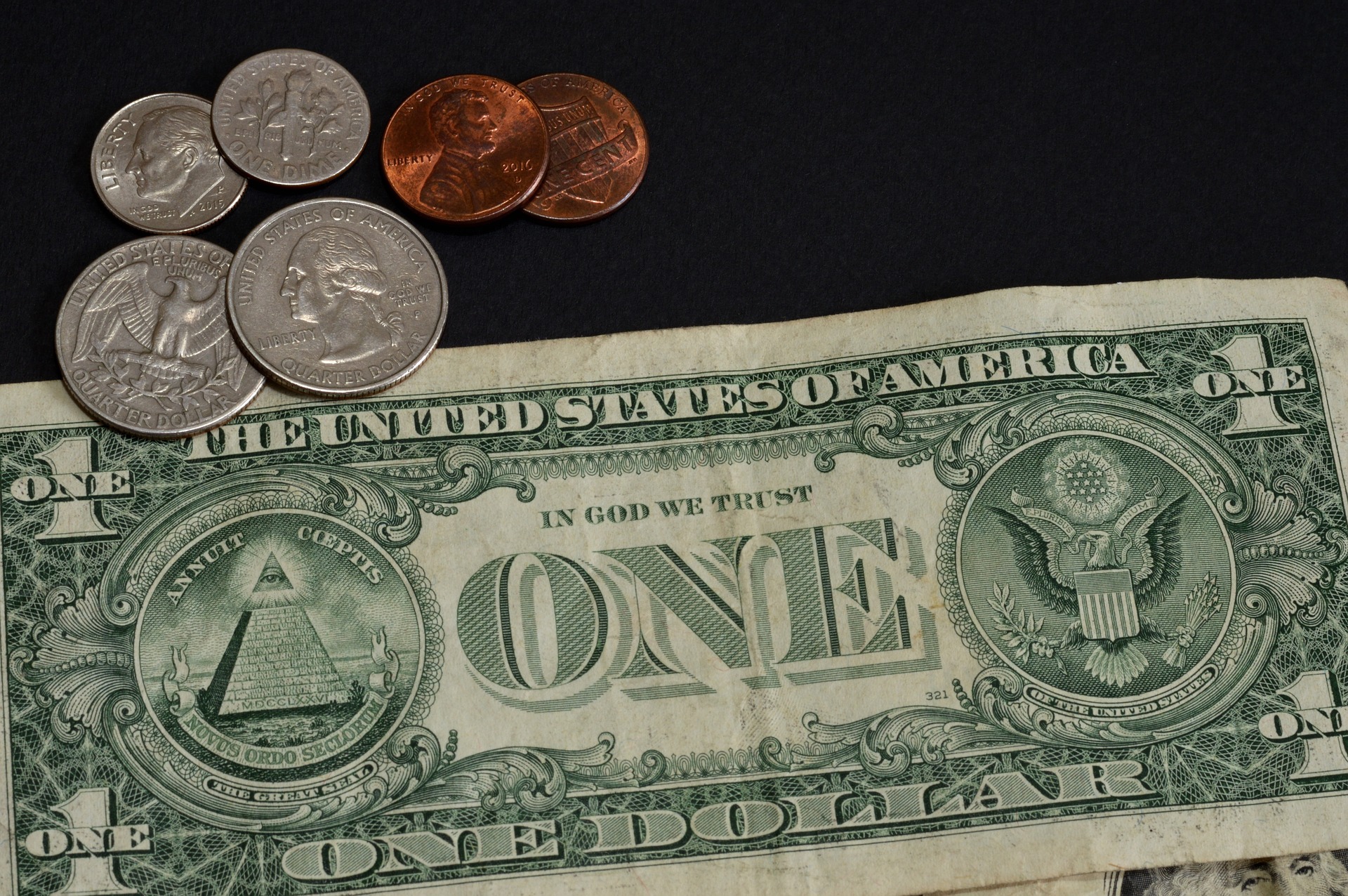
04 Mar What happens to the Homestead Rebate and my tax return?
Photo: pixabay.comQ. How does the Homestead Rebate work with one’s federal and state income taxes, both for itemized and standard deductions situations?
— Still working
A. It’s not as straightforward as you might expect.
The Homestead Rebate is something the IRS would call an itemized deduction recovery, said Laurie Wolfe, a certified financial planner and certified public accountant with Lassus Wherley, a subsidiary of Peapack-Gladstone Bank, in New Providence.
“Generally, if you received a benefit from the deduction of property taxes in one year and later receive a refund or rebate of those taxes, then the rebate is included in income,” Wolfe said. “If you did not itemize deductions in the year that the rebate pertains to, instead taking the standard deduction, then this does not apply to you. The rebate is not taxable.”
Wolfe said the IRS issued guidance back in 2006 specifically to New Jersey residents, IRS News Release No: NJ-2006-03.
The guidance said that you could either claim the income on the “Other Income” line of the Form 1040, or alternatively, you could reduce the amount of your current year property tax deduction by that amount on the Schedule A.
“In recent years however, New Jersey has provided the Homestead Rebate in the form of a credit against the property taxes due in May of the current year,” Wolfe said. “In this case, if you are itemizing, you simply add up your four quarterly payments and deduct the actual cash you paid out in the year.”
For the 2018 tax year, however, things have changed.
Because of the new tax plan limiting the so-called SALT deduction, which includes state and local income and property taxes, you may not be able to deduct all of your property taxes. You’re up against a $10,000 limit per year, Wolfe said.
“So how does this relate to your question?” Wolfe said. “If you received a rebate in the form of a credit to your property taxes, then I would follow what you have done in the past and simply add up your tax payments and use that number.”
But, she said, a dilemma will occur when you receive a Homestead Rebate for the 2018 tax year.
Because the rebates are delayed for at least two years, let’s assume you get the 2018 rebate in 2020. Is it taxable? How do you know what benefit, if any, you received for your property taxes in 2018 because these taxes were lumped with the state and local income tax and the total was limited to $10,000?
“Let’s say for example that your property taxes in 2018 are $10,000 and your state income taxes are $10,000,” Wolfe said. “Does this mean that you were able to deduct $5,000 of property taxes and $5,000 of state income taxes? Or is there some order in which these are deemed allowed – say property taxes come first, and then state and local taxes?”
“Right now, who knows. There is no guidance on the matter,” Wolfe said.
New Jersey’s deduction for property taxes is much easier.
Wolfe said your New Jersey deduction is the amount of property taxes assessed and paid for that year.
“In other words, if you received a credit for a prior year you would add this back to the total payments you made to get back to your gross property taxes assessed for that year,” Wolfe said. “New Jersey does limit the 2018 property tax deduction to $15,000.”
Email your questions to .

